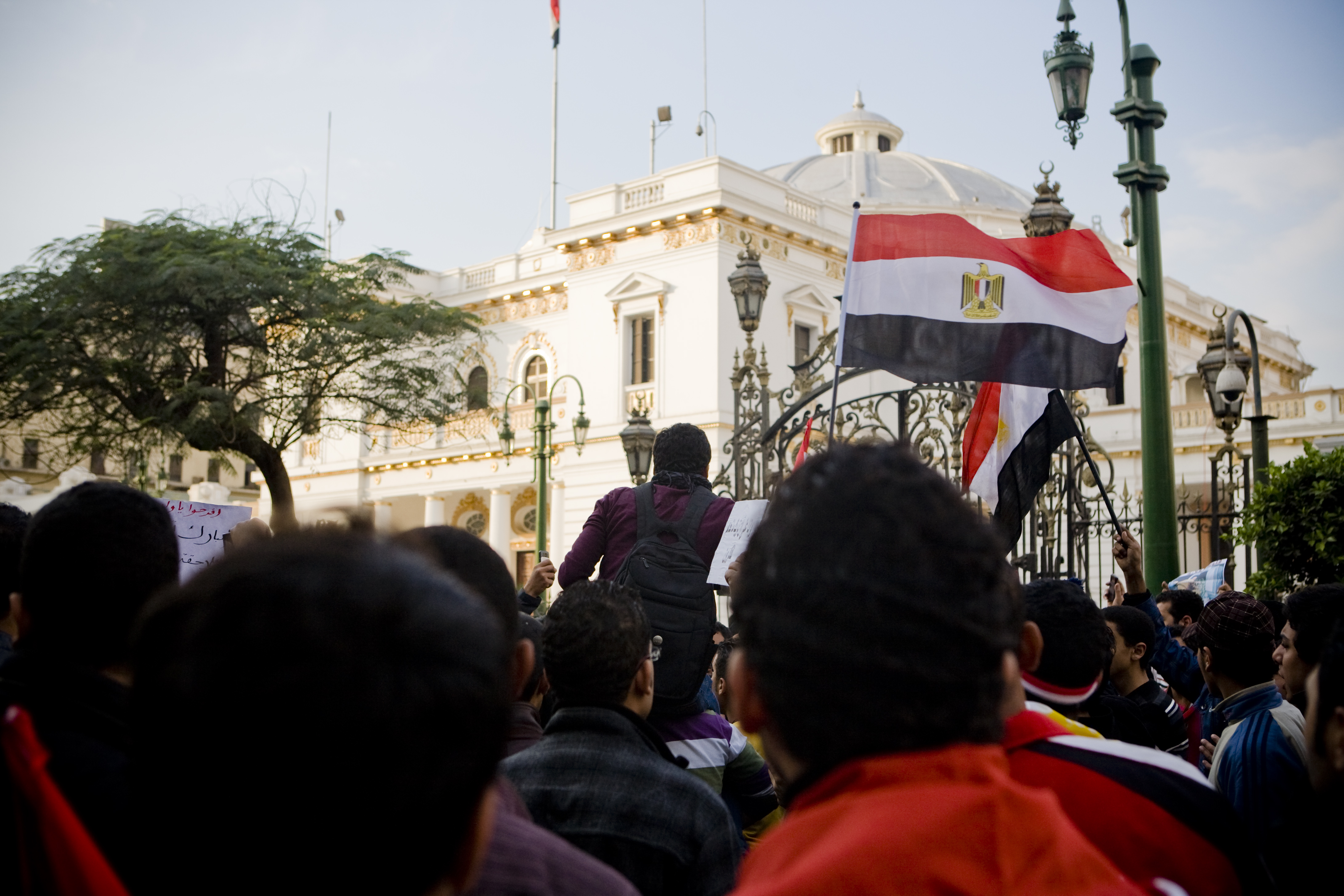On February 23, two members of the Egyptian parliament – businessman Mahmoud Khamis and controversial TV anchor Tawfik Okasha – physically attacked two reporters covering the ongoing parliamentary session. According to Khamis, it was “impolite” of a photographer from Al-Watan newspaper to photograph Okasha, who was expelled from the hall for repeatedly interrupting the parliamentary speaker. Okasha also criticized the speaker and called the journalists at the session “police informers.” The Journalists’ Syndicate responded the next day by calling on all reporters to boycott the parliament, as it is “the role of the people’s representatives to defend citizens’ rights, not to assault them and those who transmit the truth,” adding that the syndicate will not tolerate the repetition of such violations. Newly elected parliament speaker Ali Abdel-Aal responded by expressing his “deep respect” for the media, and urged the Journalists’ Syndicate not to boycott the parliament. This is only the latest development in the quickly deteriorating situation of, arguably, contemporary Egypt’s most important institution. On January 12, during what was only the third parliamentary session, speaker Ali Abdel-Aal announced the temporary ban of all live news broadcasts of the legislative…
Why Egypt’s Parliamentary Sessions Should Return to Live Broadcasting
February 26, 2016



